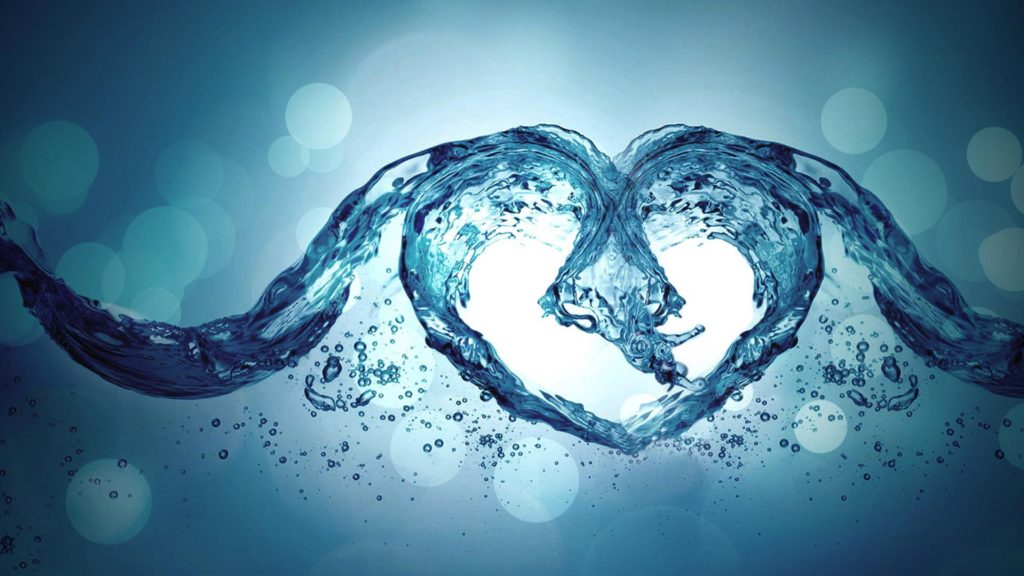
This week’s episode follows up on last week’s interview with Aaron Baumann of the Watershed Management Group. WMG proposes that our area’s water supply can be made independent of the Colorado River by increased efficiency of rainwater harvesting, gray water reuse and reduction of personal water use from the current average of 120 gallons a day to 40. That is rather ambitious, but if you consider that in desert areas in other parts of the world, people use as little as 2 gallons a day, the objective appears more approachable.
Saving water is about many little things adding up to a lot. If, for instance, a faucet leaks 1 little drop of water per second, it adds up to several thousand gallons in a year. So reducing personal water use is very much a matter of shaving off a little bit here and a little bit there. Replacing a washer costs 50 cents. A thousand gallons of water, about 50 bucks.
Saving water is very much a personal thing: it is about cooking dinner, about personal hygiene, about going to the bathroom. So I would like to share with you my personal efforts to pinch the flow.
Bypassing the bathroom, my main beef is with the kitchen sink. About 20% of the water we use goes through it and from personal experience, while doing the dishes every morning, I’d say that about half of that goes in as good, clean water, just running off while I wait for the temperature to rise or because I lack a third hand to control the faucet while the other two are engaged in washing activities.
Once it goes through the drain, it is not so clean any more. Waste water from the kitchen drain is so polluted with grease, salts and other contaminants that some states classify it as ‘black water’ and prohibit its use for irrigation. So the trick is to minimize the amount of clean water wasted.
My dish washing process starts with spraying the dirty dishes with a diluted mix of detergent and vinegar and let them soak for a while to cut the grease and other deposits before I rinse them off. The crud then comes off easily and so requires quite a lot less water than rinsing them immediately. Water is the most powerful solvent on earth, but you have to give it some time.
My most important dishwashing tool is a tub. First, I use it to catch the water while it is warming up. This is perfectly clean water and I would prefer to sell it back to the water company, but since that it not practically feasible, I use it for the garden or save a quart by filling the cat’s water bowl with it.
Then I use the tub to catch the water of the second rinse, adding a bit of the detergent/vinegar mix. Since the dishes are already mostly crud-free, it can be reused for the whole batch. A quick spraying when the drying rack is full finalizes the process with a flourish.
By that time the tub is just about full, about 4 galons, which is the same amount a good dishwashing machine uses. But then I save another gallon or two by using that water to run the disposer. Using a sizeable amount of water all at once also cleans out the disposer better than running it with water from the tap.
Now our household consists of only my wife and me; to assemble a full dishwasher load would take us 4 or 5 days, so doing the dishes by hand is definitely more hygenic and according to my calculations more water-efficient. But if your household is larger, then a Energy Star compliant dishwasher might be the better way to go, especially if you’re not as fond of doing dishes as I am.
One of the many sites where you can find tips on water use reduction is the GreenHomeGuide.
You can submit any comments, suggestions or questions on the Weekly Green Facebook page or contact us at [email protected].
Your generous support is the life blood of the Weekly Green and your Community Radio station, KXCI. KXCI’s winter membership drive is at hand and will last through December 10th. Please call 520-623-1000 or go to KXCI.org to make a pledge. Thank you!

